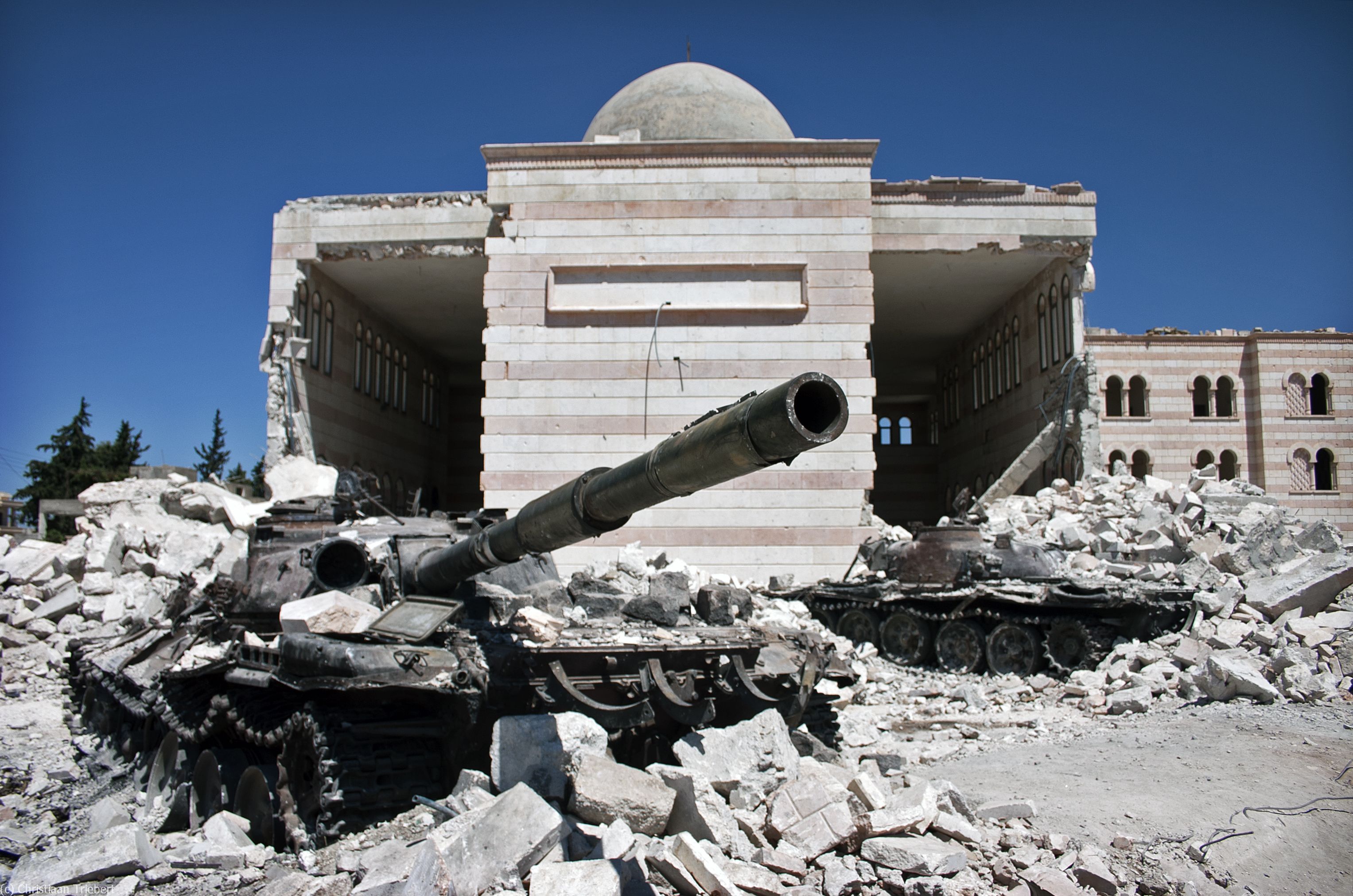In an effort to help re-establish basic services in the war-torn nations of Syrian and Iraq, the Danish government has set aside about 333 million kroner as part of a regional stabilisation package.
The foreign minister, Kristian Jensen, contended that while Denmark has long been at the forefront of delivering emergency humanitarian aid to the civilian populations in Syria and Iraq, the region needs more than just basic aid supplies.
“Food and medicine can’t do it alone. There is at least as much need for more long-term investments into the stabilisation and basic rebuilding in the newly-liberated areas in Iraq and in the opposition-controlled areas in Syria,” said Jensen.
“That need will only rise as the international coalition pushes back the Islamic State. So we are turning up our efforts with more support for mine clearing initiatives in residential areas, as well as the supply of electricity, water and education. It’s about helping people get their daily life on track again.”
READ MORE: More Danish aid going to Syria
Demining and White Helmets
Part of the aid will also be dedicated to the Free Syrian Police and Syria’s civil emergency responders, the White Helmets, who are critical because of their efforts to save people out of bombed buildings.
The stabilisation package will be in effect for the next three years and will in Syria include funds for the Syria Recovery Trust Fund (20 million kroner), White Helmets (60 million), police and justice sector (49 million), UN’s special deployed for Syria (4 million), the Syrian civil society centre in southern Turkey (10 million) and the Syrian civil society organisation, The Day After (10 million).
In Iraq, the funds will go to UN’s Funding Facility for Immediate Stabilisation (94 million), UN’s mine clearing work (66 million), and a US-led mine clearing project in the Anbar Province (6.5 million).















